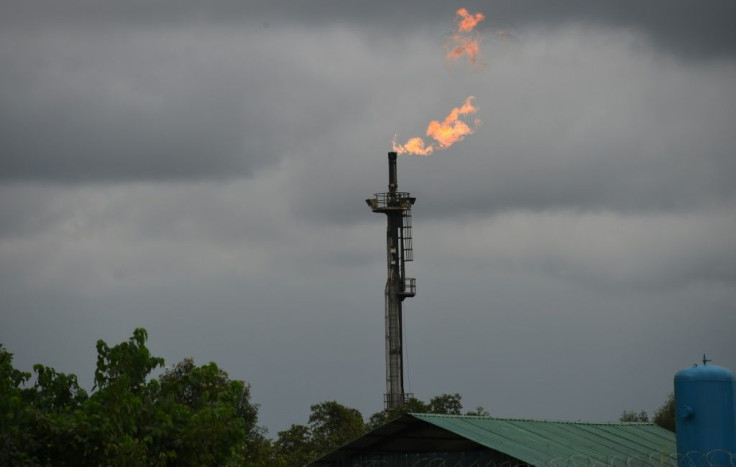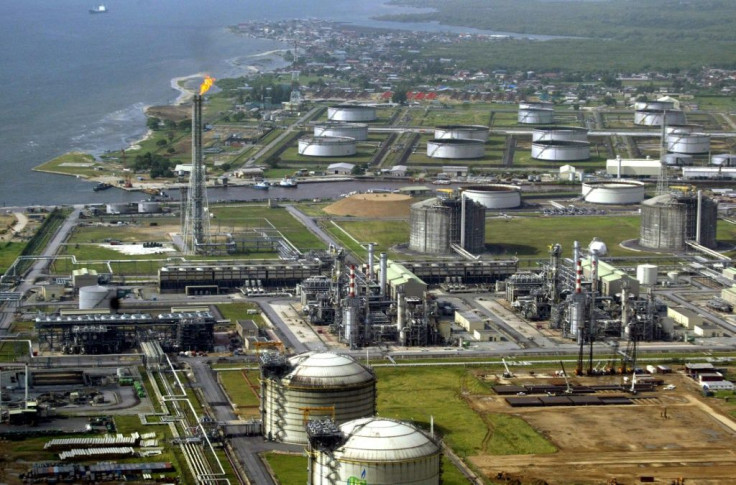Nigeria Parliament Approves Long-delayed Oil And Gas Bill
Nigeria's two-chamber parliament on Thursday approved a long-delayed oil and gas law that aims to attract new foreign investment to the OPEC country's struggling petroleum industry.
Africa's largest oil producer has drawn only a small fraction of global petroleum investments, long troubled by corruption, inefficiency, high production costs and security concerns.
The Petroleum Industry Bill or PIB had been under review in the National Assembly for nearly two decades, beset by disagreements, including over how much money should go to local communities in oil-producing regions.
"Both the Senate and House of Representatives have passed the PIB. It's a landmark feat by the current National Assembly after many years of delay," Ola Awoniyi, spokesman for the senate president said.
The bill is supposed to provide a clearer framework and simplify taxes and royalties for oil companies working in Nigeria, which currently produces around 1.9 million barrels per day (bpd).

"It has been 20 years in coming," said House of Representatives Speaker Femi Gbajabiamila, also describing it as a "landmark achievement".
The new law had also overhauled the state-owned Nigeria National Petroleum Commission, to better separate commercial and regulatory roles.
Oil companies had asked for changes to the law to ensure it was favourable to offshore developments, where half of Nigeria's output is located.

The PIB was meant to also address demands from local communities after years of underdevelopment and environmental damage in Nigeria's oil-producing states.
Local communities had asked for more than the initial proposal that companies invest 2.5 percent of their operating expenses into local projects.
Senator Ajibola Bashiru said the Senate and the House had disagreed on a final figure, but would later reconcile a figure between 3 to five percent for community developments.
Chief Bebe Okpabi, traditional leader of oil-producing communities in Ogoniland in Rivers State, said they were at last being recognised and compensated for the oil resources in their regions.
But the new law met with mixed reactions from others.
"The approved bill fell short of our expectation. We had expected something like 25 percent for the host communities," said Fegalo Nsuke, president of Movement for the Survival of Ogoni People (MOSOP) activist group.
"I believe a lot more can be done. The bill as currently passed is work in progress."
Nigeria, Africa's largest economy, badly needs more investment in its oil industry -- the energy sector accounts for 90 percent of foreign exchange earnings and 70 percent of government revenue.
But its economy has been hit hard by the fall in world crude prices during the coronavirus pandemic.
While petroleum prices have edged back up and the economy has emerged from its second recession in four years, soaring inflation and food prices are hitting hard.
Nigeria hopes the PIB will encourage more investments while there is still time, as the world's interest in oil and financing fossil fuel projects diminishes due to climate change.
© Copyright AFP 2024. All rights reserved.





















